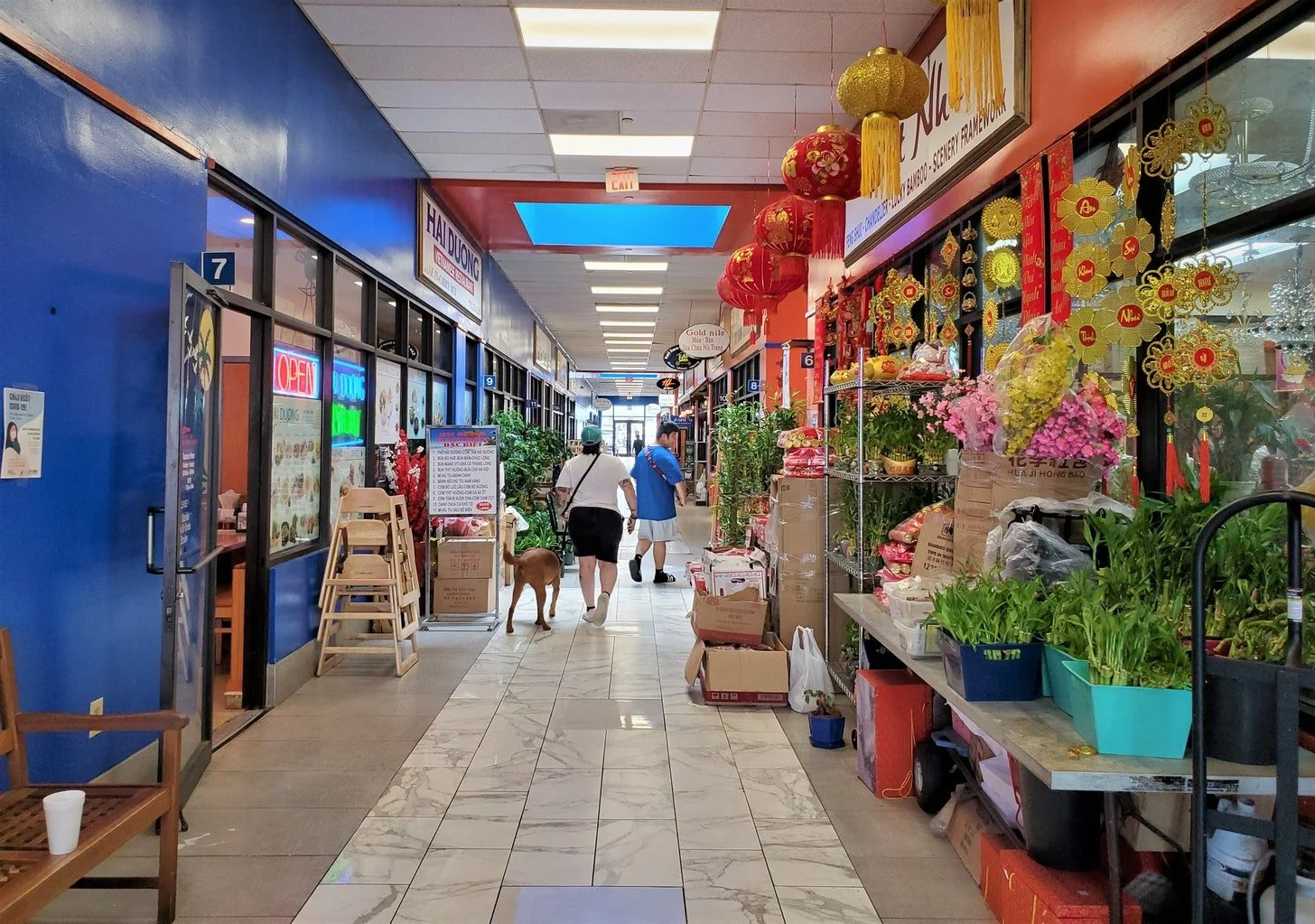I want to draw two insights relating human development to the way cities evolve. These insights are critical to understanding America’s housing crisis and our response to it — and why building housing in major cities can't meaningfully address the housing crisis.
Read MoreTo escape the housing crisis, we need a lot of housing to be built quickly. The key isn't large, ponderous projects; it's fast, widespread incremental development. We know the types of units that can be scaled and we know how to build them. The only thing we need now is for cities to devote themselves to doing it.
Read MoreThe Strong Towns Crash Analysis Studio is one of the toughest projects I’ve ever worked on. Analyzing crashes that ruined people’s lives is heartbreaking, especially when knowing that quick and easy responses could’ve prevented them. But it’s worth it to make those streets safer, to save lives and to shift the national conversation around crashes to be more humane and effective.
Read MoreThe United States has attached a societal and even moral weight to the Suburban Experiment, codifying it across the country. But that wasn’t always the case. Many beloved and iconic building styles are incremental, and they’re proof that America can return to a more resilient way of building.
Read MoreMany people believe that, with some zoning changes, large-scale development will be the true key to the housing crisis. This isn’t the case. Large-scale development worsens the issues that caused the crisis in the first place. Here’s a few of the ways incremental development is better for cities than large-scale.
Read MoreWe’ve explored the outside of Fairfax County’s Eden Center before, but what does the inside of this surprisingly fine-grained strip mall look like?
Read MoreIncrementalism is not an end in itself. Nor is it about a “small-is-beautiful” aesthetic for its own sake. Instead, it’s a practical pathway toward resilient, financially sound places.
Read MoreHere are some touchstone concepts that help underlie the Strong Towns view of how to achieve a world full of places capable of growing bottom-up prosperity
Read MoreWe glorify our country’s rough-and-tumble entrepreneurial history, yet we often look down on people who embody it today, and on the commercial landscapes that result.
Read MoreLocal and state governments have stepped in to fill the gap for businesses when the federal response was either too slow, too small, or not tailored to the right needs.
Read MoreComparing the process of furnishing two apartments—one in Ecuador, the other in the U.S.—was a reminder: order and efficiency aren't always what they're cracked up to be.
Read MoreInvesting in a supposedly “smart” future won’t overcome the failure to get the “dumb” stuff right. The former mayor of Seattle explains.
Read MoreEvery year, Black Rock City burns down. But could it be the role model your city needs?
Read MoreIncrementalism is not an end in itself. It’s not about stubborn insistence on some sort of small-is-beautiful aesthetic for its own sake. Incremental development is a practical means to the end of resilient, financially sound places.
Read MoreThe core neighborhoods of our big cities and our small towns have more in common than we might think.
Read MoreThis week on the Strong Towns Podcast, Chuck talks with behavior change and sustainability expert Ruben Anderson about the good life, and how we fool ourselves into thinking we can use systematic rationality to create it for ourselves.
Read MoreA tactical urbanism success in Cincinnati demonstrates the ability to solve problems on our streets—in this case, parking for dockless scooters—by rapidly prototyping solutions in low-cost, low-risk ways.
Read MoreIn working to create better places, keep the stakes low, so even skeptics are more willing to indulge some risk. Take a little step. Root the conversation in reality. Then adjust and press on to those big plans.
Read MoreWhat does Strong Towns have to do with Mormonism?
Read MoreRather than allow for natural pedestrian movement and traffic calming, my city has recommended funnelling pedestrians into a signalized crosswalk so they can wait their turn to cross the street in an approved manner. I believe that is the wrong answer to the right question.
Read More



















